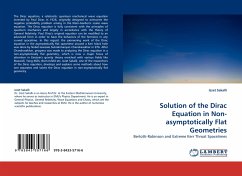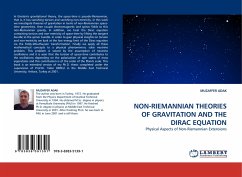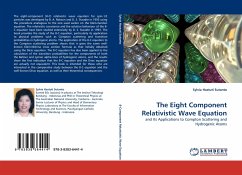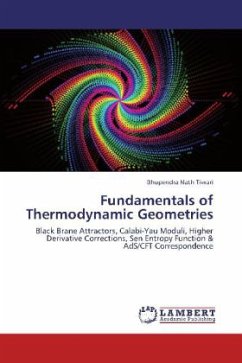The Dirac equation, a relativistic quantum mechanical wave equation invented by Paul Dirac in 1928, originally designed to overcome the negative probability problem arising in the Klein-Gordon's scalar wave equation. The Dirac equation is fully consistent with the principles of quantum mechanics and largely in accordance with the theory of General Relativity. Paul Dirac's original equation can be modified to an advanced form in order to have the behaviors of the fermions in any curved spacetime. In this regard, the pioneering work of the Dirac equation in the asymptotically flat spacetime around a Kerr black hole was done by Nobel laureate Subrahmanyan Chandrasekhar in 976. After Chandrasekhar, progress was made to analyzing the Dirac equation in a non-asymptotically flat geometry, which is now a major focus of attention in Einstein's gravity theory enriched with various fields like Maxwell, Yang-Mills, Born-Infeld etc. Izzet Sakalli, one of the researchers of the Dirac equation,develops and explains some methods about how one separates and solves the Dirac equation in non-asymptotically flat geometry.
Bitte wählen Sie Ihr Anliegen aus.
Rechnungen
Retourenschein anfordern
Bestellstatus
Storno








